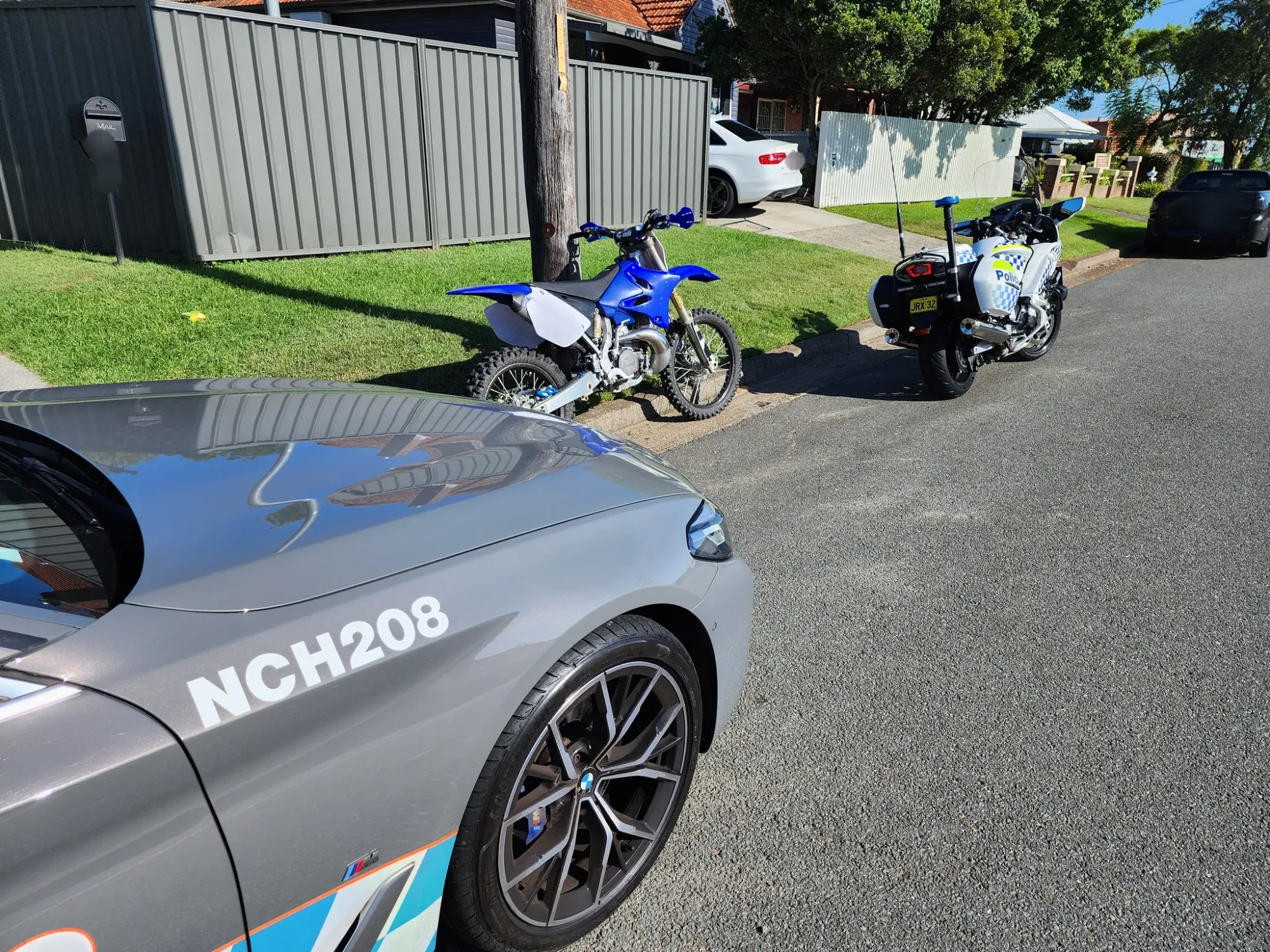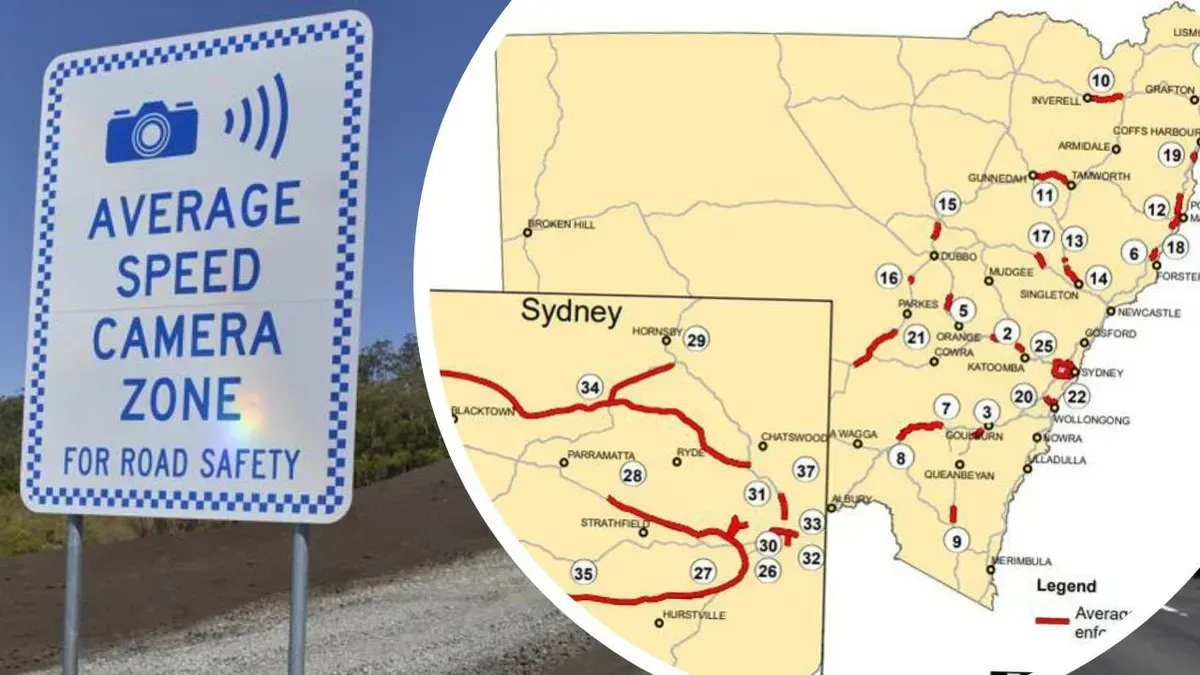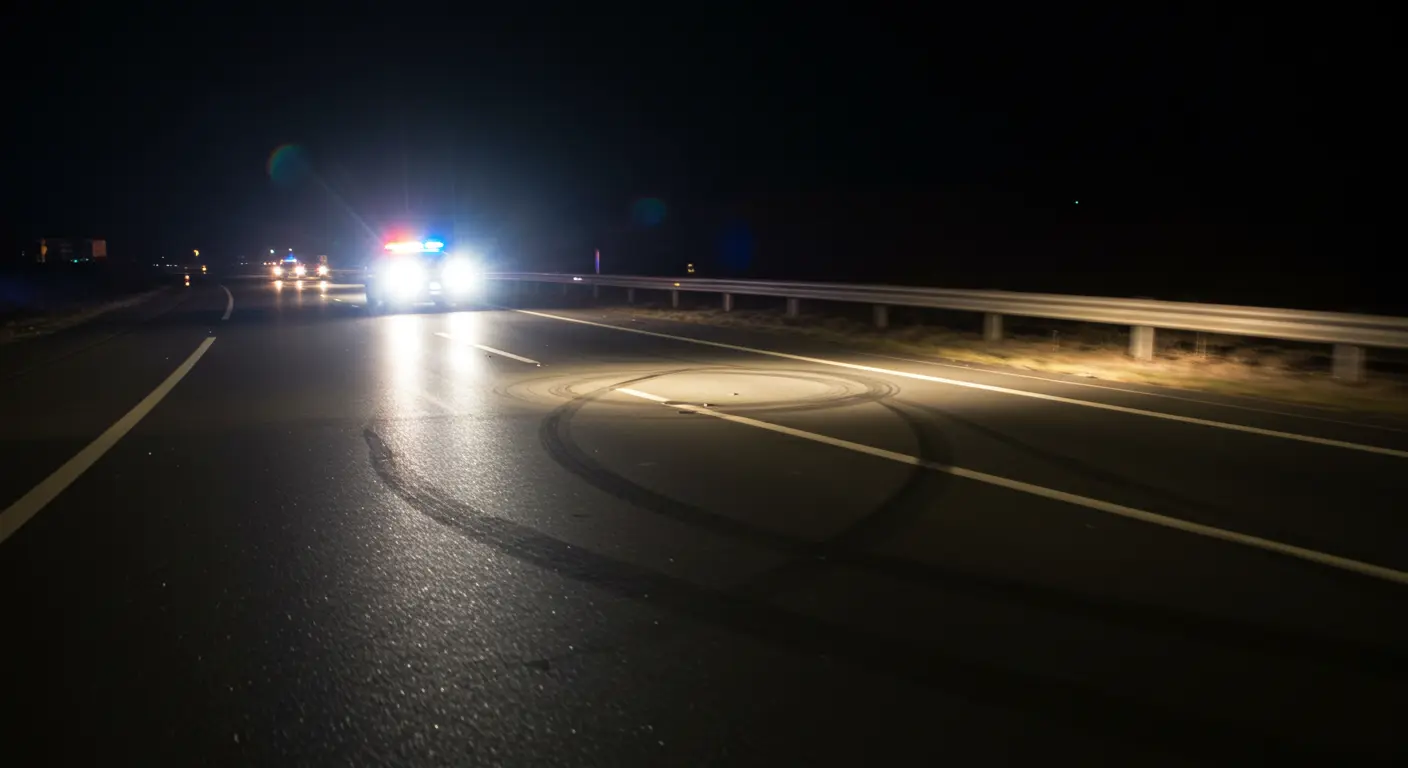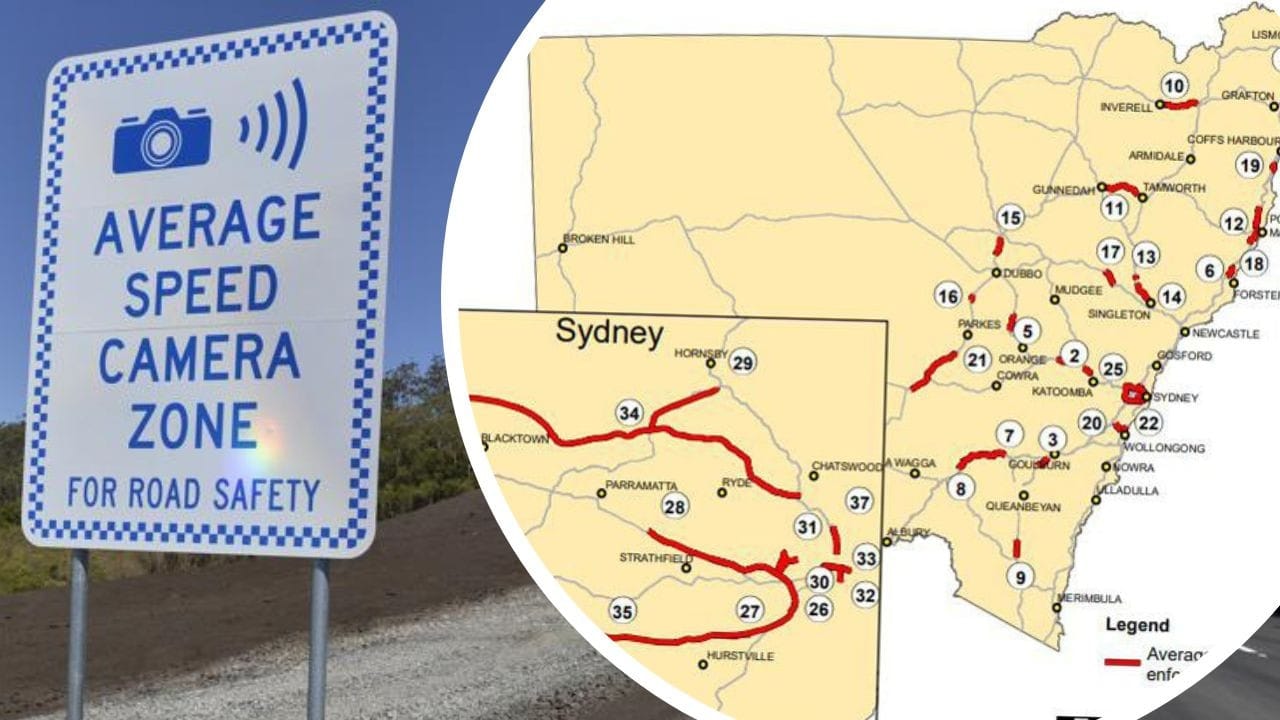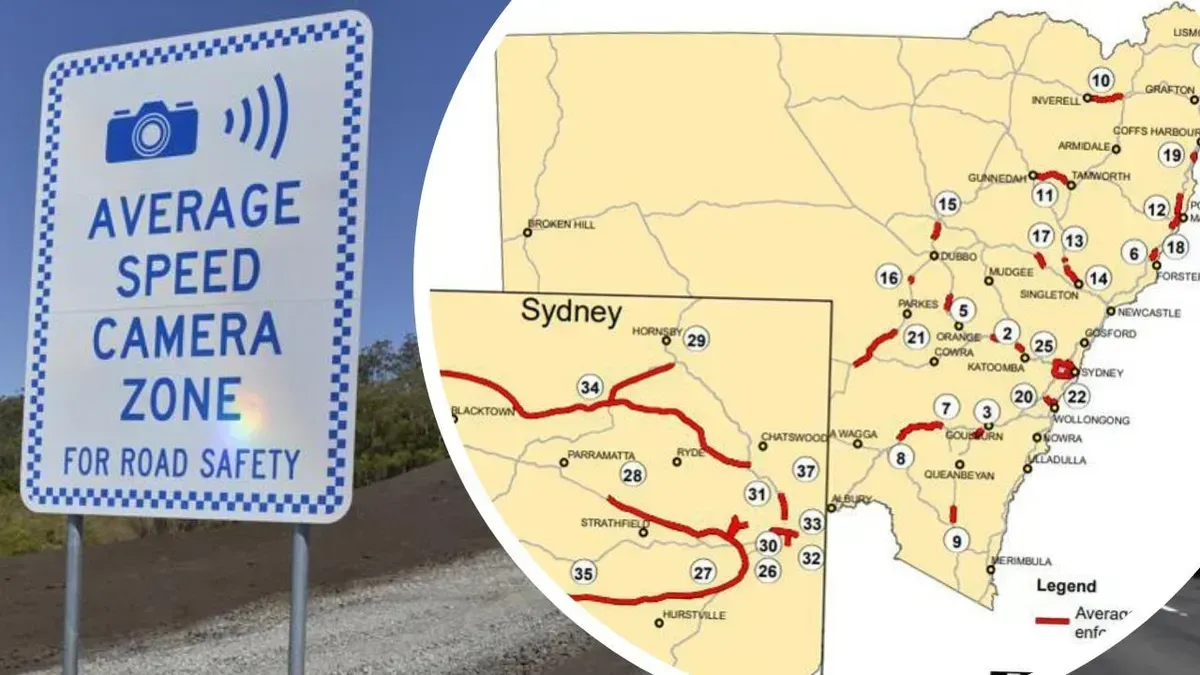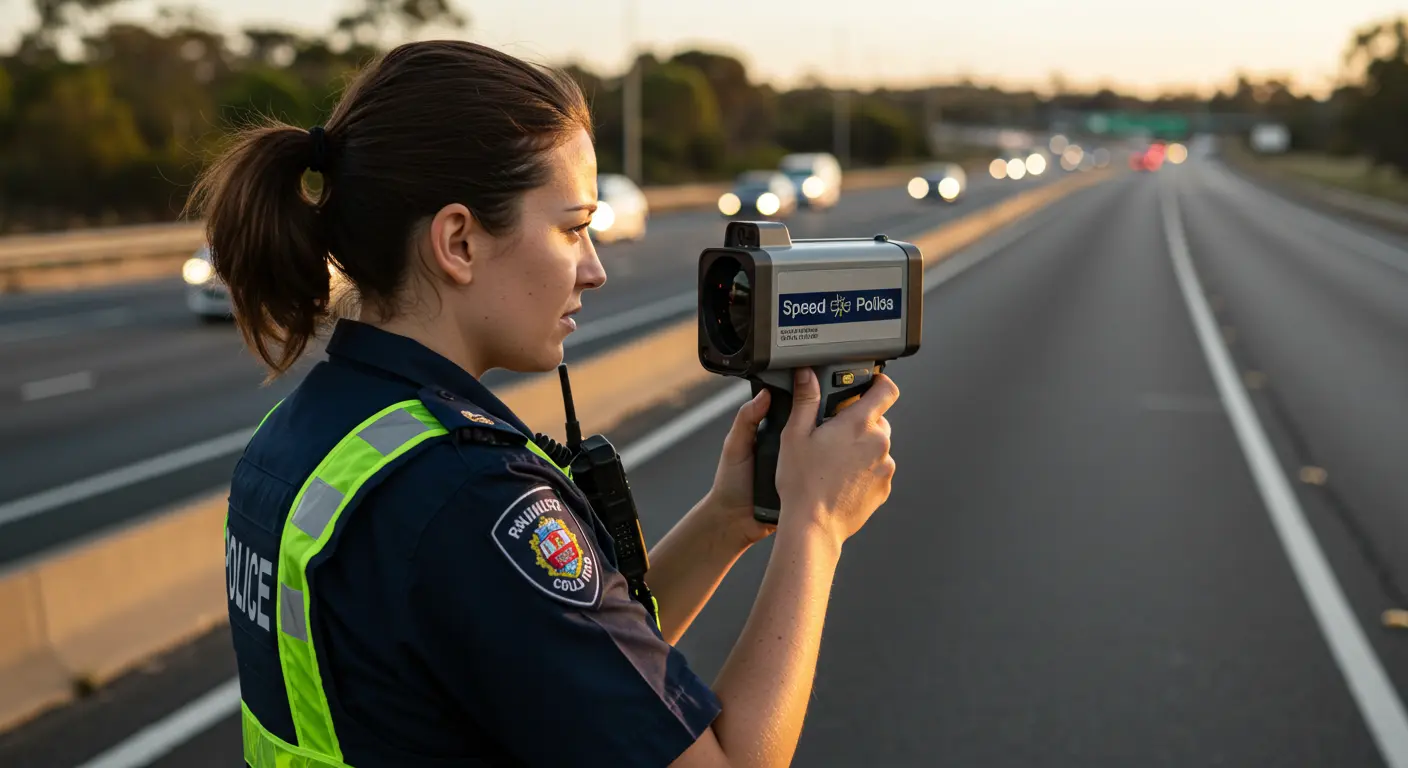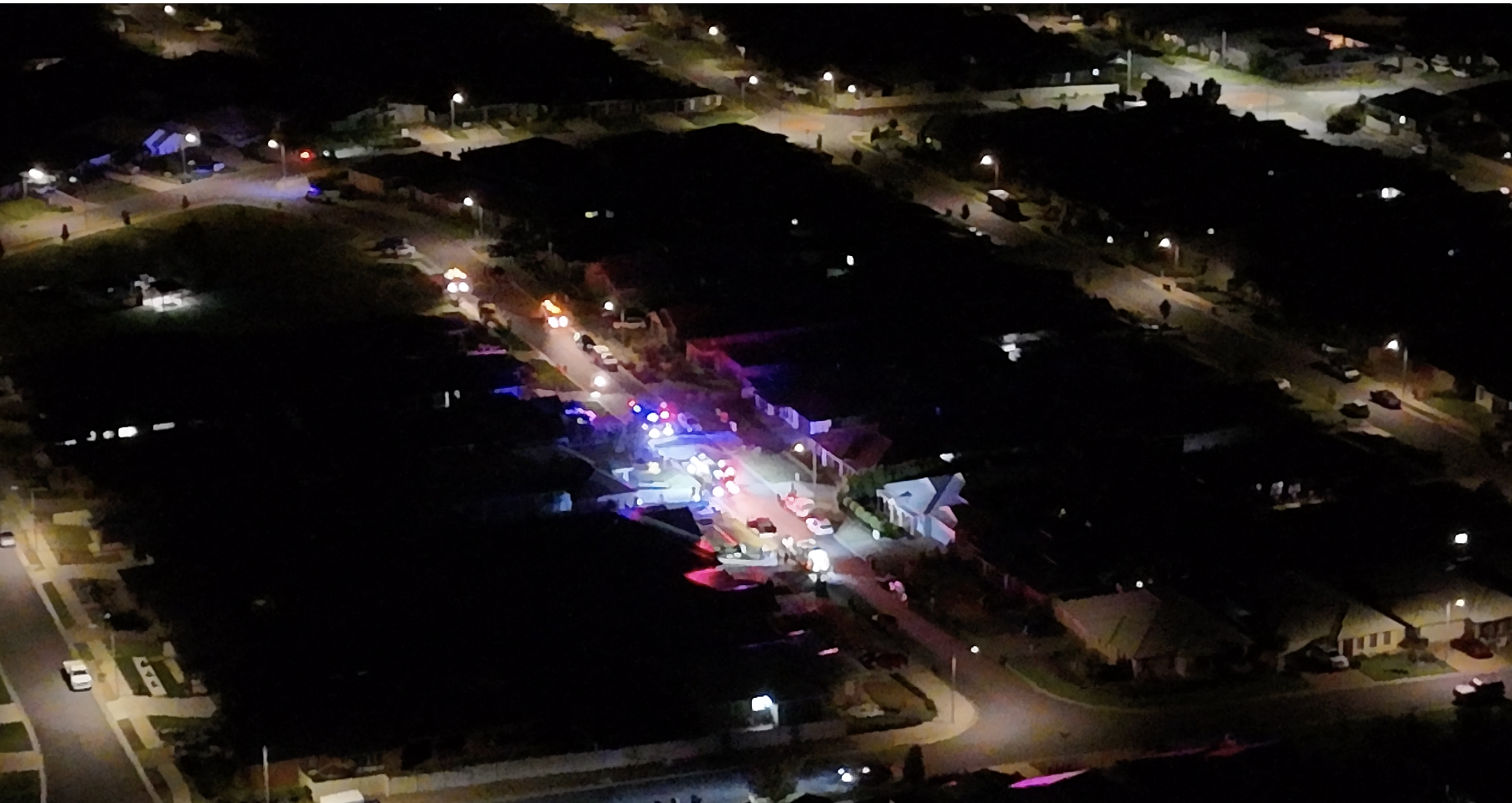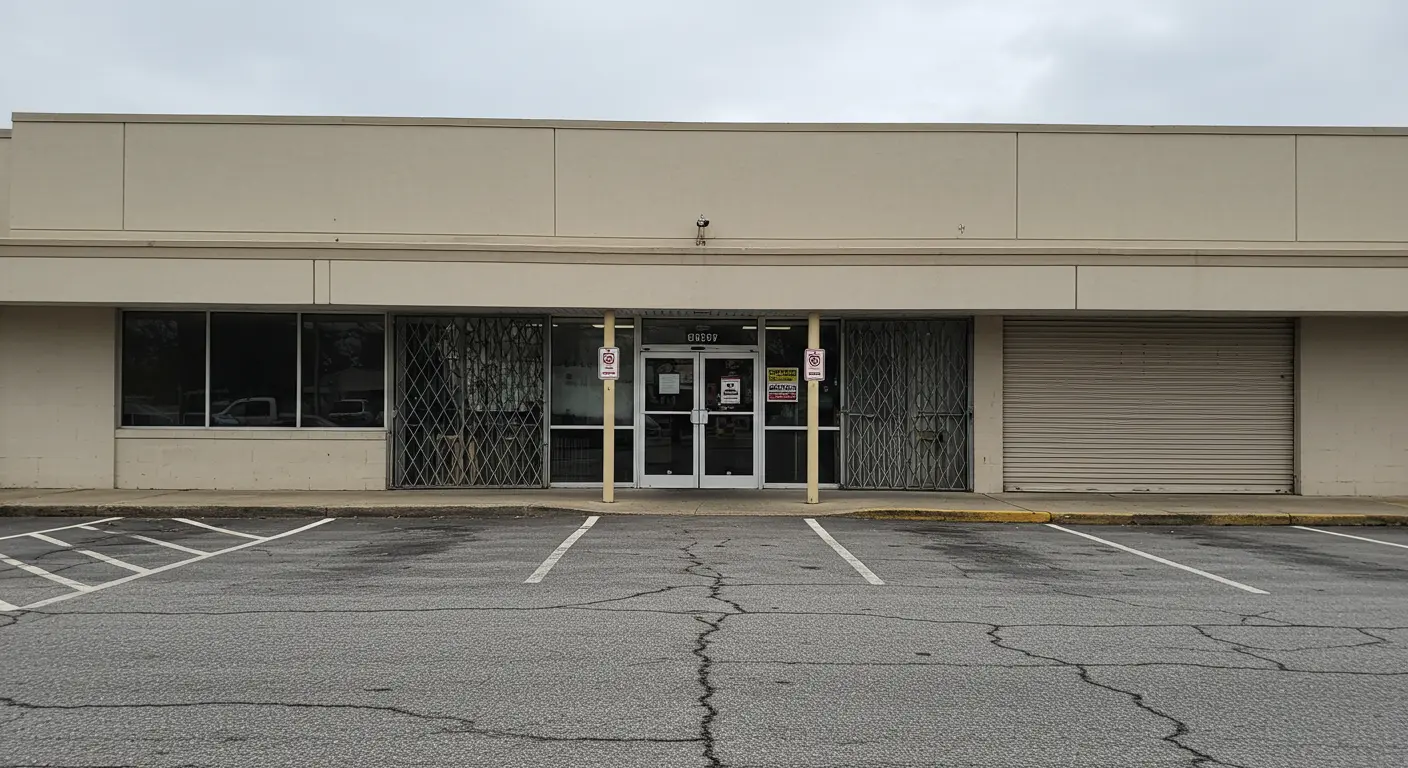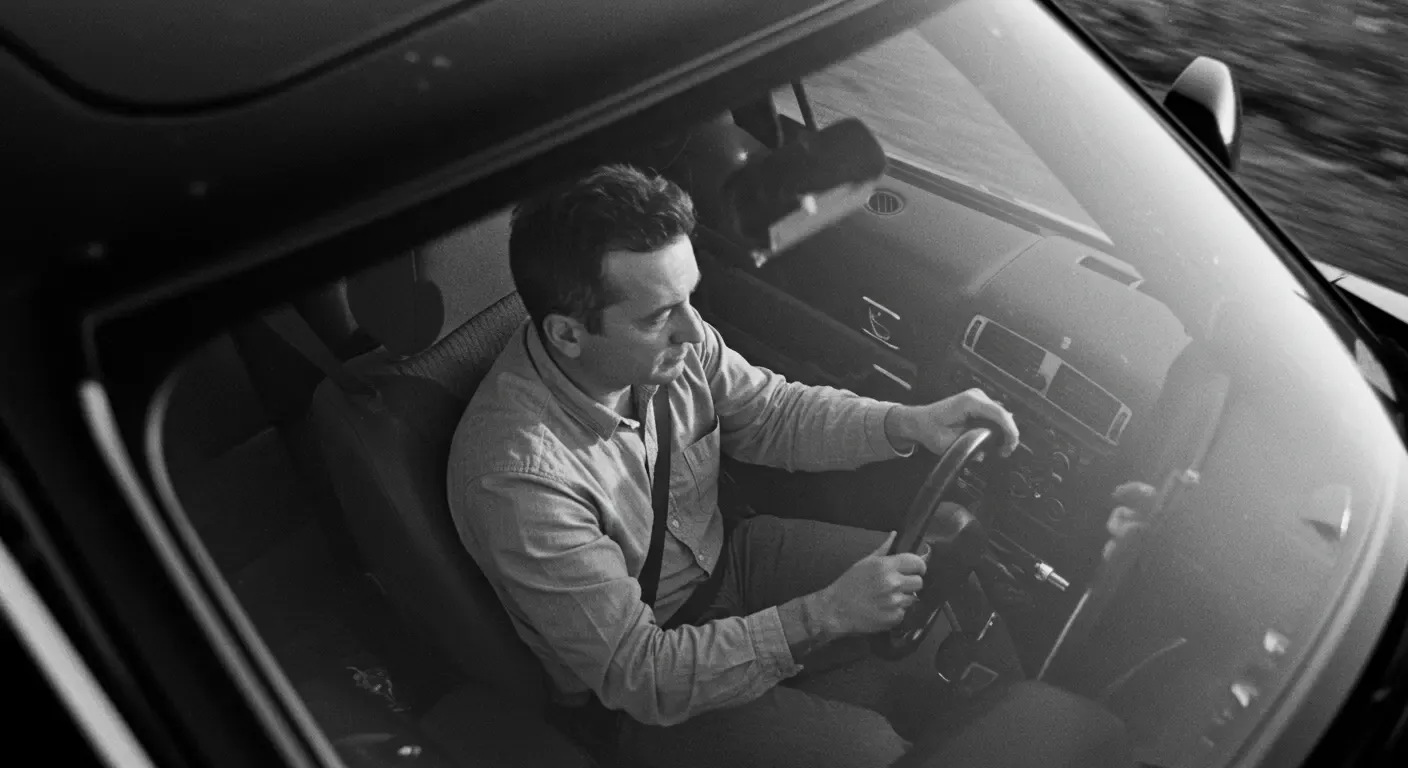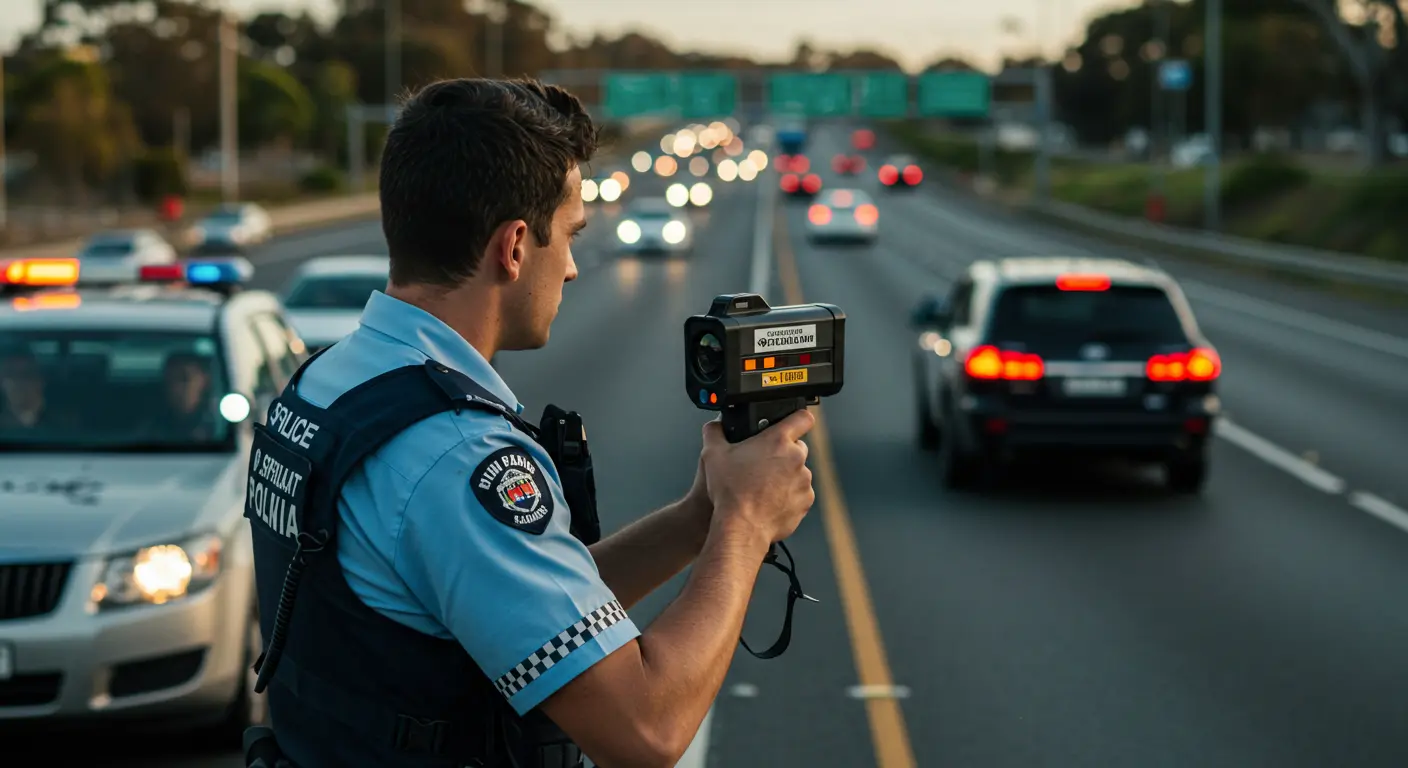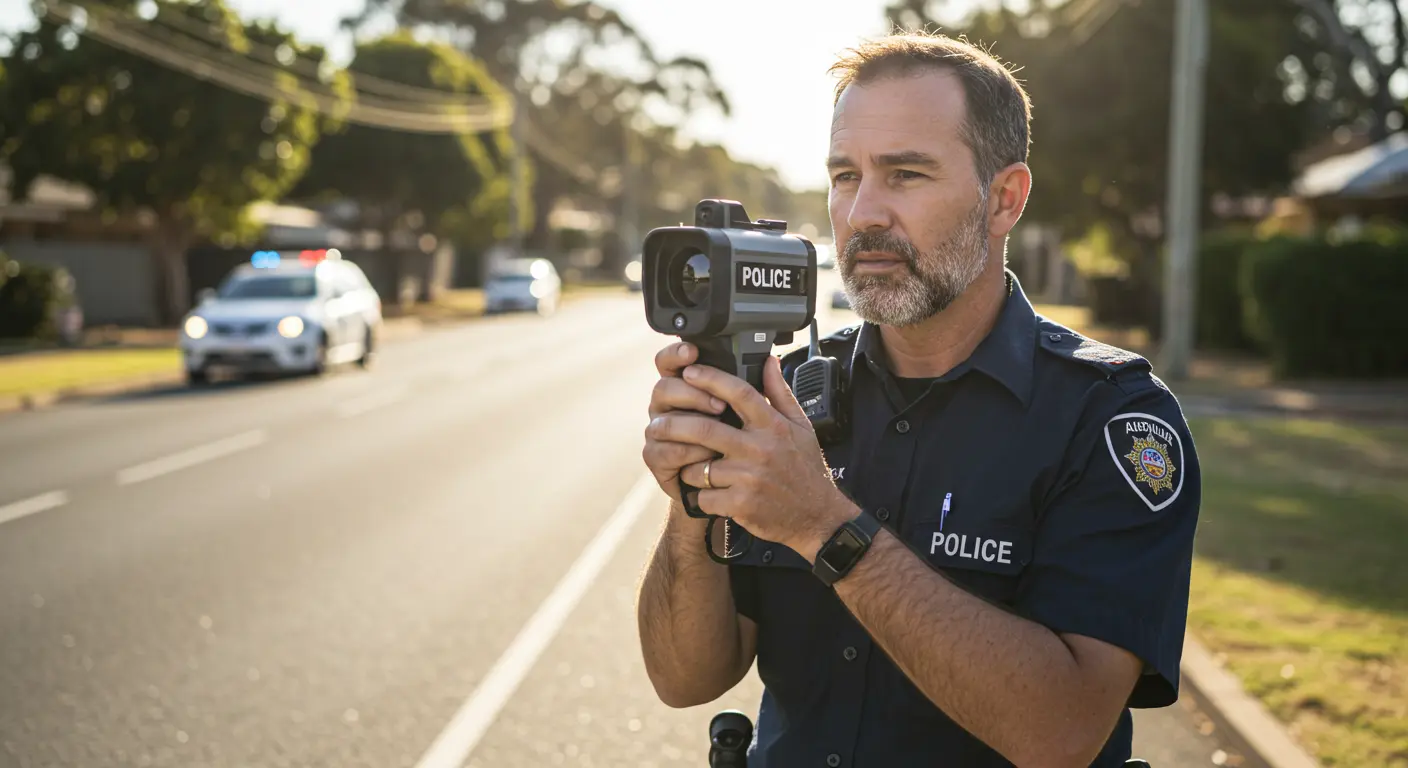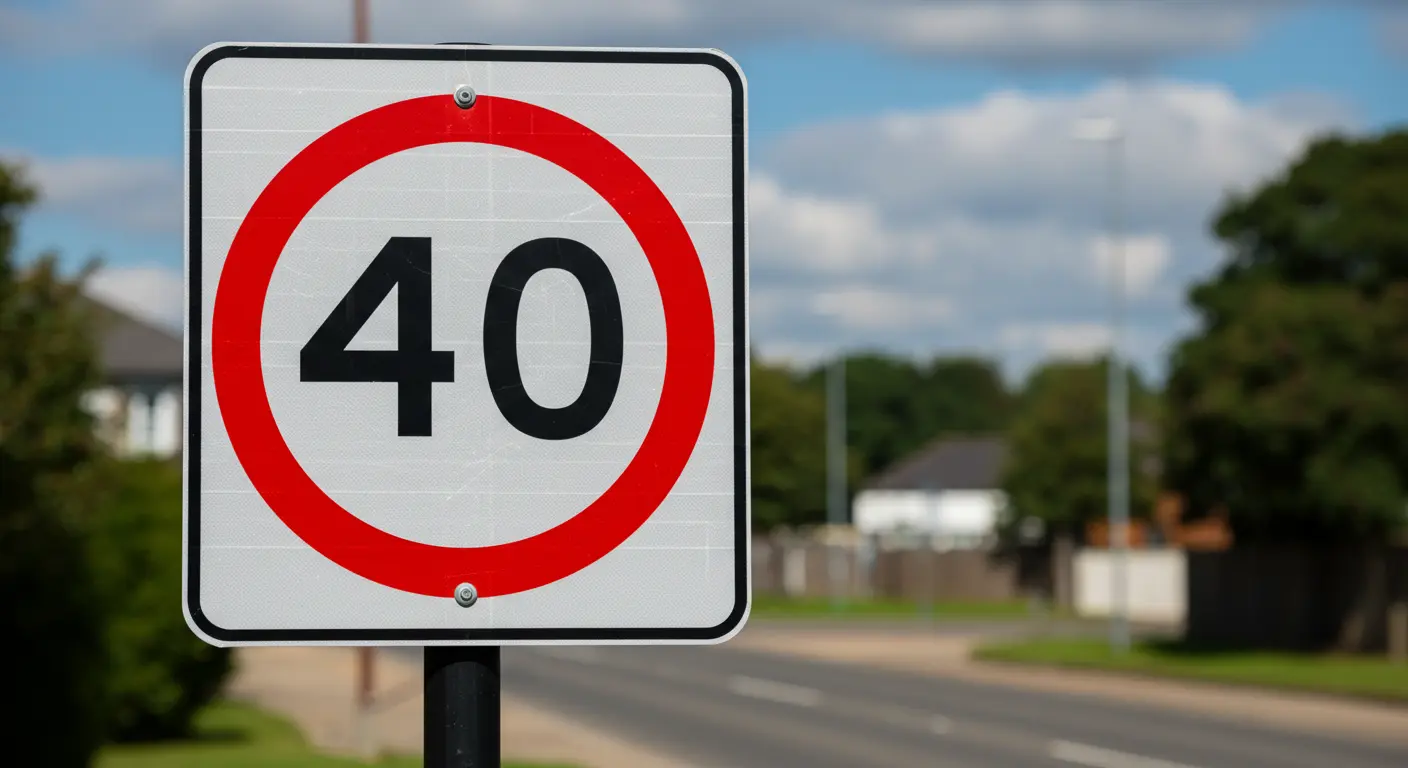On the early morning of Friday, 4 April 2025, police from Manning Great Lakes Highway Patrol were conducting routine speed enforcement on the Pacific Highway at Nabiac when they detected a white Lexus sedan travelling at an astonishing 194 km/h in a 100 km/h zone.
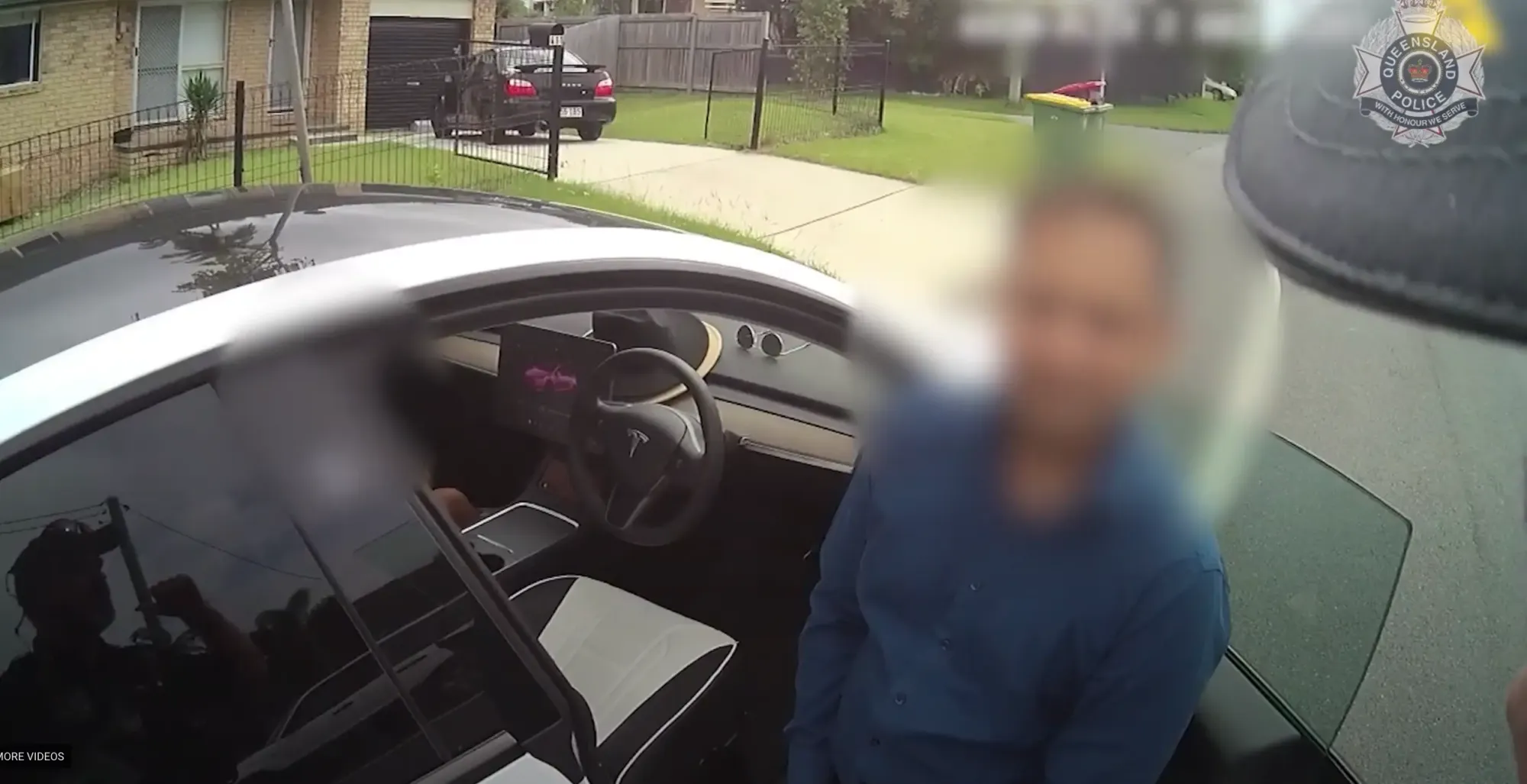
Using a Lidar device, officers recorded the vehicle’s excessive speed and quickly stopped the car. The driver, a 33-year-old man from Maroubra, offered little explanation, simply telling police: "I knew I was going too fast."
The driver was issued a penalty notice for exceeding the speed limit by more than 45 km/h, attracting a fine of just under $3000 and 6 demerit points. His licence was immediately confiscated and suspended for six months. Although the vehicle’s plates were not seized because he was not the registered owner, the consequences were significant and immediate.
The Dangers of Speeding on Regional Roads
Authorities have reiterated the dangers of excessive speeding, particularly on regional roads, where the majority of fatalities occur in New South Wales. Excessive speed greatly increases the risk and severity of crashes, making enforcement a continual focus for police to reduce the state's road toll.
"Regional roads account for the majority of fatalities in NSW, and excessive speed on these roads will remain a focus for us to drive the road toll towards zero," police said.

What Constitutes a Speeding Offence?
A speeding offence occurs when a driver travels faster than the posted speed limit. Speeding increases the risk of crashes and the severity of injuries sustained.
Key facts about speeding:
- Stopping distances increase at higher speeds.
- Crash impact becomes more severe.
- Likelihood of death or serious injury dramatically increases.
Different speeding offences carry different penalties based on the severity of the offence, including fines, demerit points, licence disqualification, or even imprisonment.
Serious Speeding Offences
In NSW, a serious speeding offence includes:
- Driving more than 45 km/h above the speed limit.
- Driving more than 30 km/h but not more than 45 km/h over the limit.
- Driving on a suspended or disqualified licence while speeding.
For serious offences:
- Police can issue an on-the-spot licence suspension.
- Vehicles or registration plates may be impounded or confiscated.
- Additional demerit points are added to the driver’s record.
A speeding offence of more than 45 km/h over the limit, like in this case, results in a minimum six-month licence disqualification and up to a $3300 fine for light vehicles.
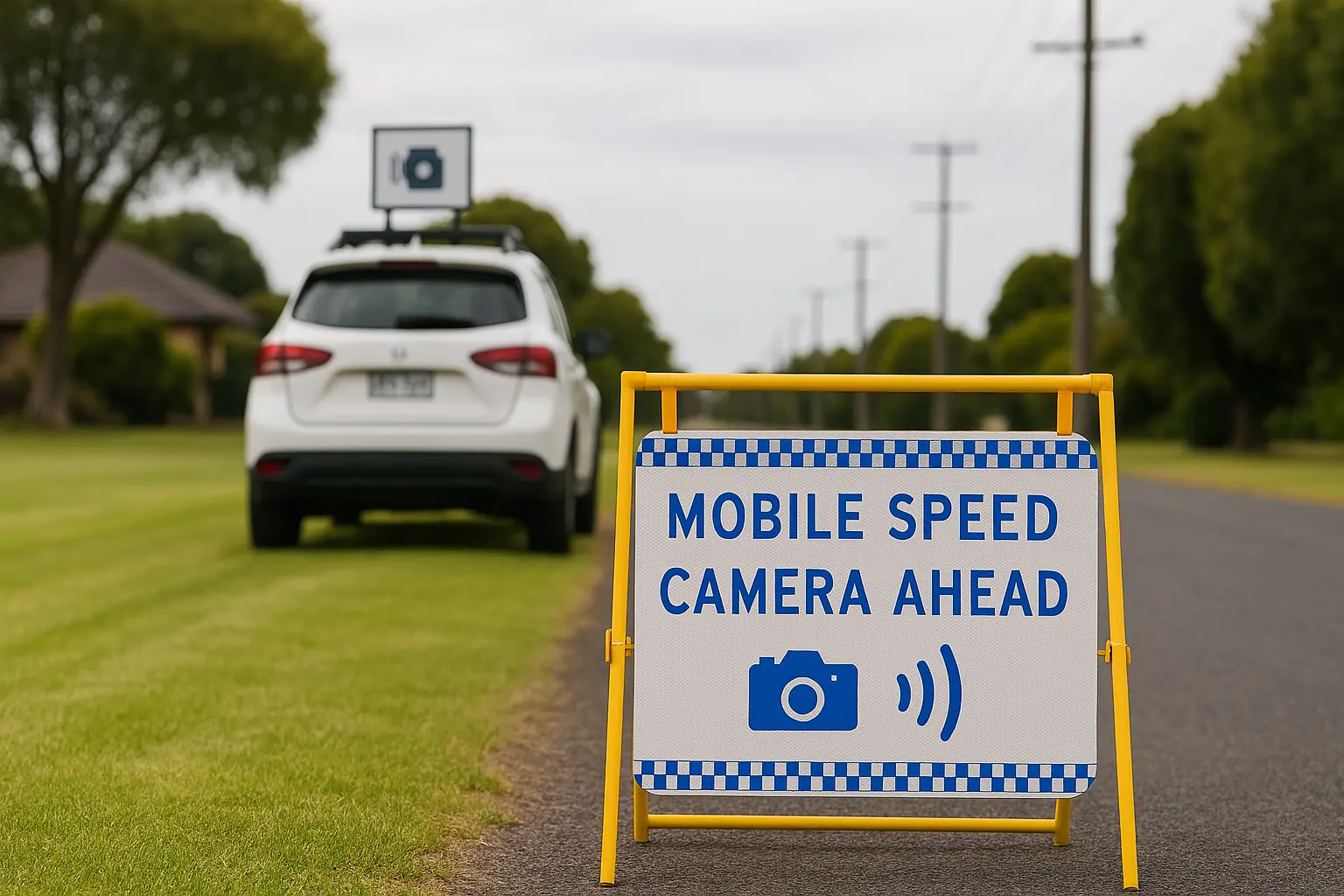
How Speeding is Detected
Drivers in NSW can be caught speeding through:
- Fixed speed cameras
- Mobile speed cameras
- Police patrols with Lidar or radar devices
Speed cameras accurately capture key details, including:
- Vehicle type, colour, and number plate.
- Date, time, and location of the offence.
- Speed recorded and posted speed limit.
All devices undergo rigorous testing to ensure accuracy.
Speeding Penalties Overview (As of 2025)
| Speeding Offence | Maximum Fine | Licence Disqualification |
|---|---|---|
| Not more than 10 km/h | $2200 | None |
| 10–20 km/h over | $2200 | None |
| 20–30 km/h over | $2200 | None |
| 30–45 km/h over | $2200 | 3 months (minimum) |
| Over 45 km/h | $3300 (light vehicle) | 6 months (minimum) |
Penalties are harsher for offences committed in school zones and double demerit periods.
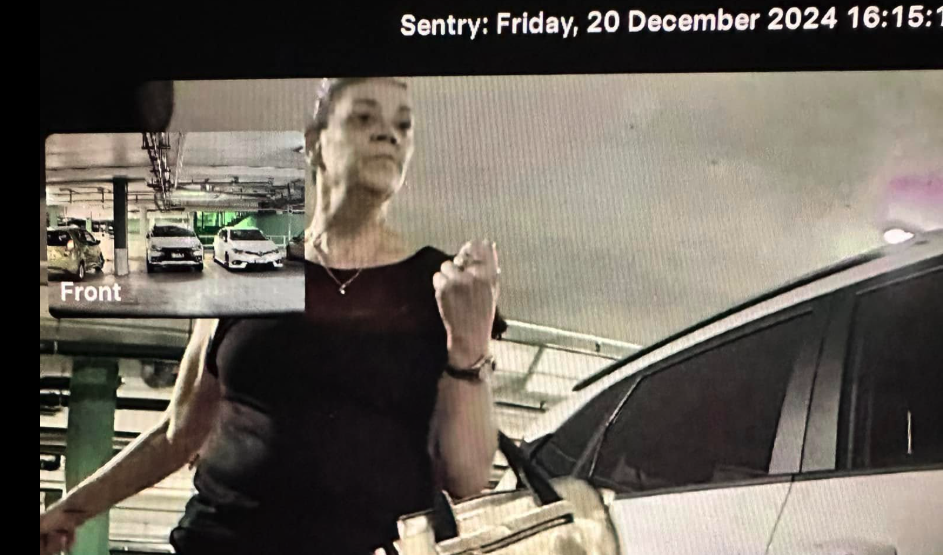
Special Rules for Learner and Provisional Drivers
- Learners and P1 licence holders: Licence suspended or refused for at least 3 months for any speeding offence.
- P2 licence holders: Stay on their P2 licence an extra 6 months and face licence suspension if caught speeding 30 km/h or more over the limit.
Speeding even a small amount can have major consequences for inexperienced drivers.
Final Word
This incident on the Pacific Highway serves as a stark reminder of the risks and consequences of speeding. With fines reaching thousands of dollars, loss of licence, and increased risks of crashes and fatalities, drivers are urged to obey speed limits and drive responsibly, especially on regional roads where dangers are amplified.
Police continue their commitment to targeting dangerous driving behaviour to ensure safer roads for all New South Wales residents.
